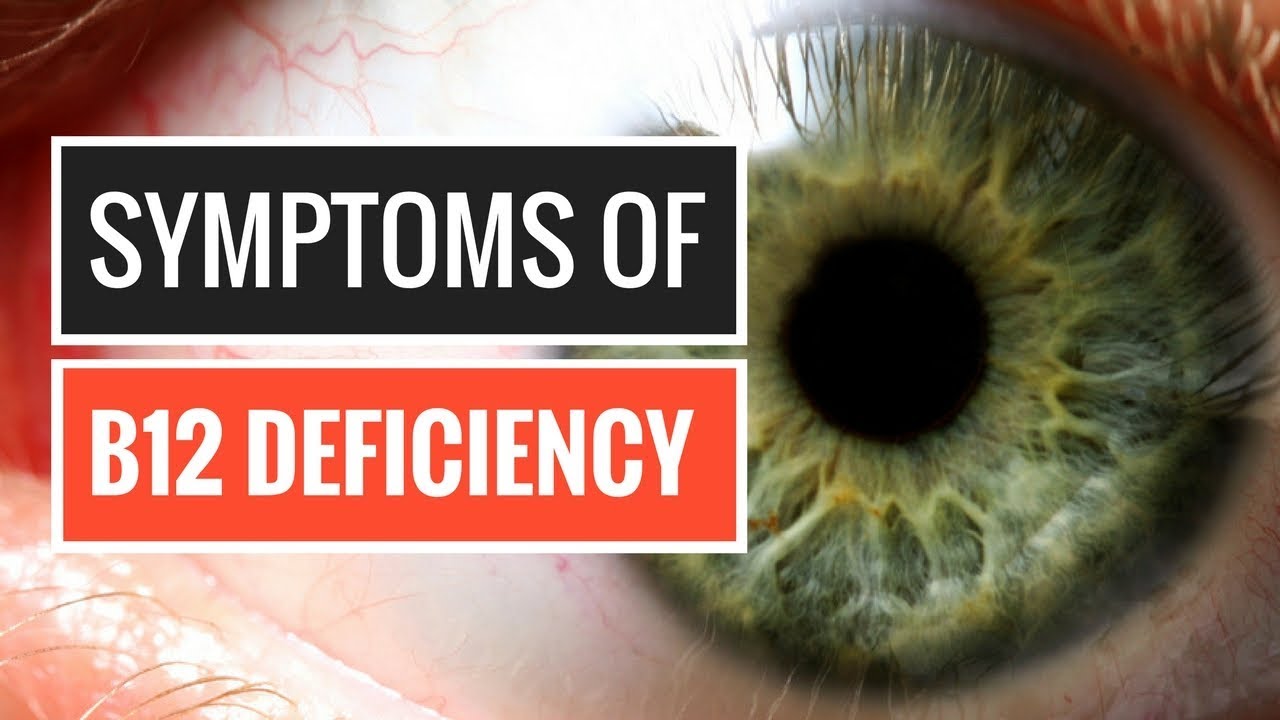
What is vitamin B12 deficiency?
Vitamin B12 deficiency occurs when there are inadequate levels of vitamin B12 in the body. This important vitamin is necessary for the production of red blood cells and the healthy functioning of the nervous system.
A lack of vitamin B12 can cause anaemia and other health problems. Anaemia is a condition where the body either cannot make enough healthy red blood cells or cannot produce enough of the substance haemoglobin that allows red blood cells to transport oxygen around the body.
There are several different types of anaemia, each with its own causes and symptoms. For example, vitamin B12 deficiency can cause megaloblastic anaemia, a condition where the red blood cells are larger than normal and cannot function properly.
For many people, a balanced and varied diet provides all the vitamin B12 they need. Good sources of vitamin B12 include meat, fish, eggs and dairy products.
Despite the availability of vitamin B12 in a balanced diet, deficiency is not all that uncommon, particularly among people over 50 years of age, premenopausal women and people who follow strict vegan diets.
Low levels of vitamin B12 may be the result of a number of different factors and conditions. One of the most common causes of vitamin B12 deficiency is pernicious anaemia, a condition where a person’s immune system mistakenly reduces their ability to absorb the vitamin. Less common causes of deficiency include conditions affecting the stomach or intestines that interfere with absorption of vitamin B12, inadequate dietary intake, and certain medications.
Symptoms of vitamin B12 deficiency usually develop gradually and can be wide-ranging. These may include general symptoms of anaemia such as fatigue and lethargy, as well as the symptoms specific to the deficiency, such as a yellow tinge to the skin and a sore tongue.
If left untreated, the symptoms of vitamin B12 deficiency tend to worsen and irreversible problems involving the nerves and brain may develop. The risk of experiencing a number of serious complications, including heart failure, may also increase. For this reason, it is important to seek medical advice without delay should any of these symptoms be present.
Symptoms of Vitamin B12 deficiency
A person with vitamin B12 deficiency may notice general symptoms of anaemia as well as symptoms that are more specific to the condition.
Symptoms more specific to a vitamin B12 deficiency include:
- Pale yellow skin color
- Painful, red tongue
- Mouth ulcers and canker sores
- Constipation
- Pins and needles, numbness or other strange sensations in the hands, legs or feet
- Vision disturbances
- Difficulty walking and balance problems
- Perceptible differences in mood, thoughts, feelings and behaviour
- Confusion and difficulty thinking. In severe cases, dementia
- Memory loss
- Irritability
- Depression
- Psychosis
The symptoms of vitamin B12 deficiency can develop slowly and worsen over time. Some symptoms may be experienced by people who have a vitamin B12 deficiency without anaemia. Some people may experience no symptoms, despite low levels of vitamin B12.
Because of the wide range of possible symptoms, many of which can also occur as a result of other conditions, vitamin B12 deficiency may not be recognized immediately. If a person has any reason to suspect the condition, it is important that they inform their healthcare practitioner.
In babies, signs of vitamin B12 deficiency may include failure to thrive, movement difficulties, delays in reaching developmental milestones, and anaemia.




